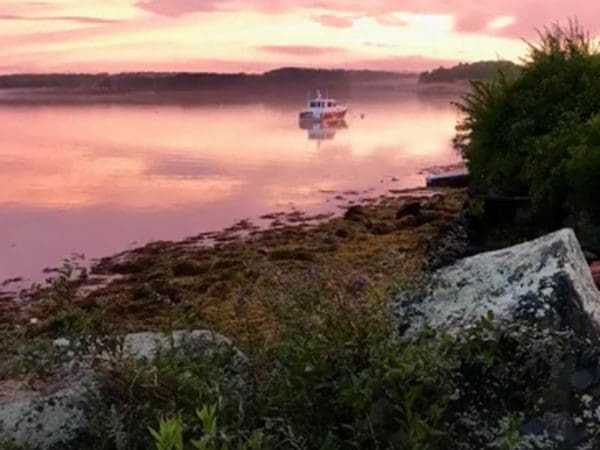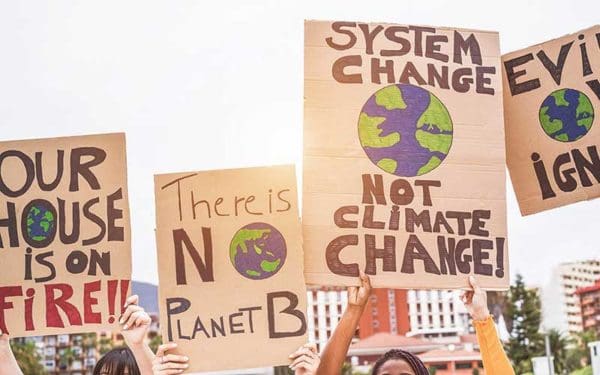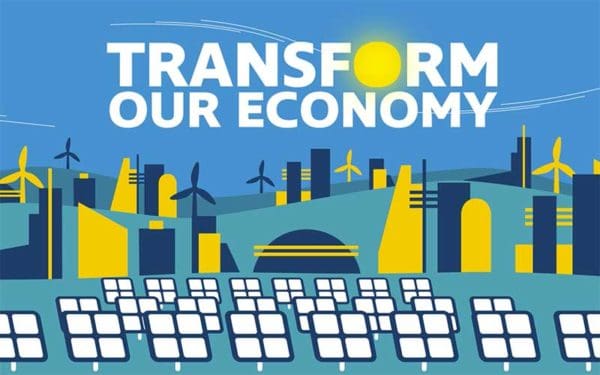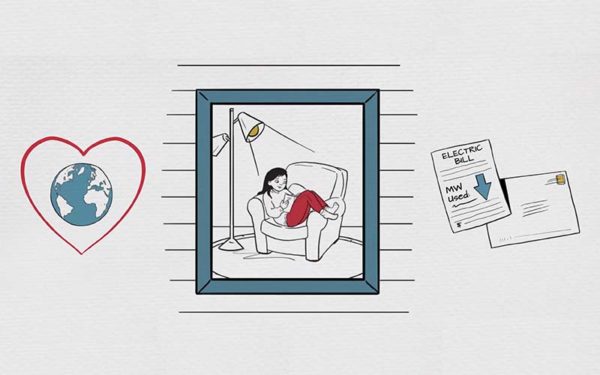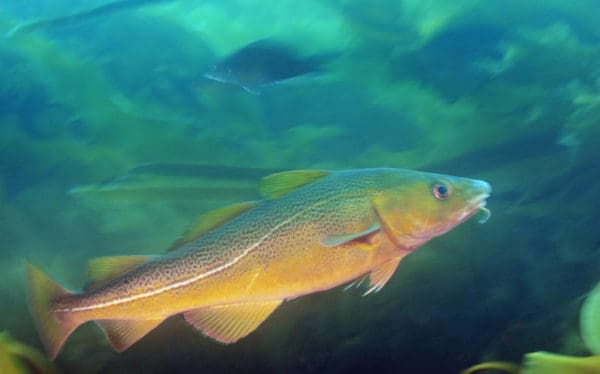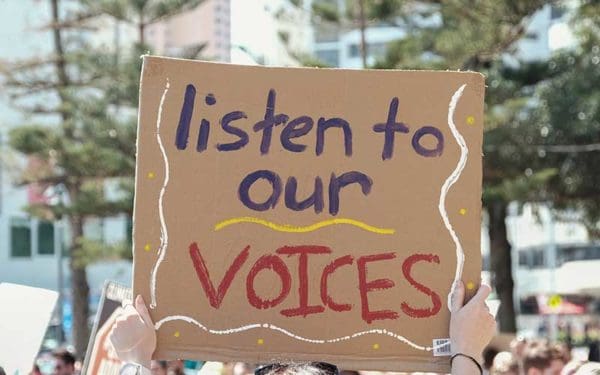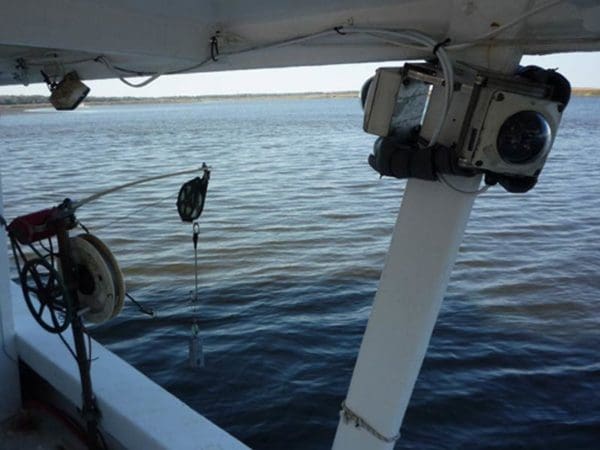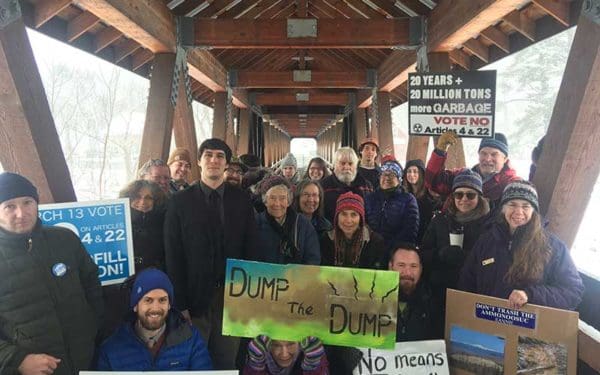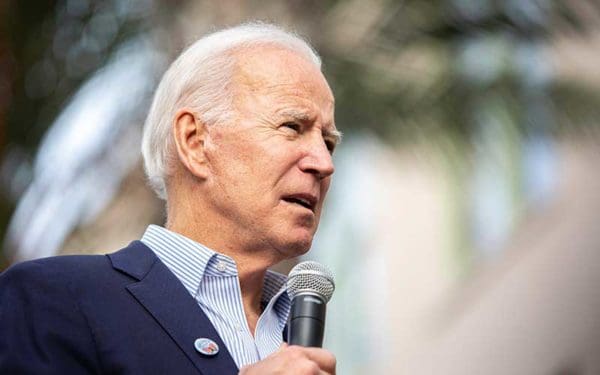Dec 10, 2020
From multimillion-dollar investments to win-win collaborations, good news from New Hampshire’s Great Bay give us reasons to celebrate in 2020. Taken together, these stories remind us that when communities act boldly, we can turn the tide on pollution and restore the health of the rivers, bays, and coast in the Seacoast region and beyond.
Dec 09, 2020
New England is no stranger to climate action. So, as I look to 2021, I see New England continuing to lead on climate.
Dec 03, 2020
We can still avoid the worst impacts of climate change if we reach net-zero carbon pollution before 2050. We need strong climate laws in every New England state to hit that mark.
Nov 24, 2020
In true 2020 fashion, many families are having small-scale get-togethers or opting for virtual celebrations this Thanksgiving. With less people, that means being even more careful not to overbuy and waste food – because food waste can be terribly damaging to the environment. So let’s think about this for a second – what can you do to waste less food this Thanksgiving?
Nov 24, 2020
We all know about clean, local energy like solar and wind. But there’s another form of clean energy: energy efficiency. Because the cleanest, cheapest energy is the energy you don’t use at all.
Nov 23, 2020
According to a new study, rising water temperatures put fish eggs and spawning adults at higher risk than juveniles and adult fish. Since previous studies mostly only took adult fish into account, this close look at different life stages gives us a better idea of what the climate crisis means for our fisheries and how we can help save Atlantic cod. One big takeaway: protecting spawning areas, where the vulnerable are, is more critical than ever.
We sat down with CLF Senior Science Fellow Gareth Lawson to discuss the implications of the study and the future of Atlantic cod.
Nov 17, 2020
I grew up in communities that needed environmental justice the most. I also lived in neighborhoods that already had the resources and ability to make change. Still, I didn’t understand the difference or know what the environmental world called the movement until later in life. I could only connect the dots when I had more access to education and a framework for understanding the issue.
Nov 12, 2020
To help rebuild the cod population, scientists and managers must know how many fish are being caught by fishing boats. Thankfully, a recent vote by regional fishery managers brings us one step closer to collecting that valuable information.
Nov 09, 2020
“Continuing to expand polluting landfills is the last thing New Hampshire needs,” said Tom Irwin, Vice President and Director of CLF New Hampshire. “The state got it right the first time when it determined there is no need for this landfill expansion. It’s time – at long last – for New Hampshire to make good on its policy of reducing waste, rather perpetuating its burial of it in landfills and putting our communities at risk.”
Nov 07, 2020
The presidential election result is a welcome relief – especially amid the ongoing stresses of an unrelenting pandemic, hobbling economic hardship, and an overdue racial reckoning. We all deserve to take a moment and celebrate that. But even as we see the core values of our democracy vindicated after relentless voter suppression efforts, now is not the time to grow complacent.
